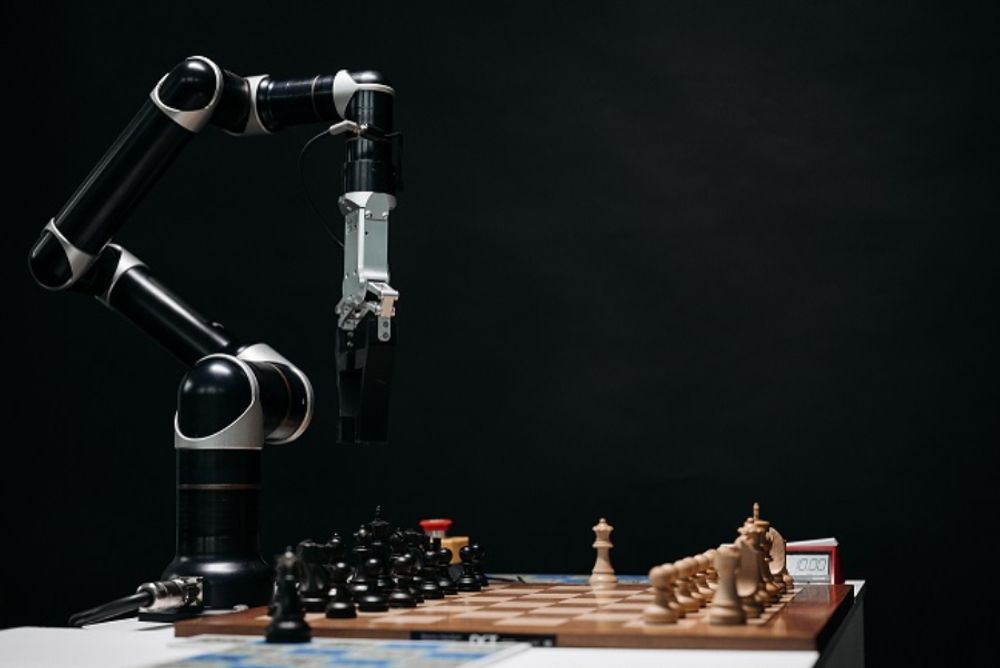


The advanced research in artificial intelligence and robotics developed advanced automation systems and robots for industries, entertainment, exploring space, and even household work.
Modern robots are faster, reliable, more precise in work and efficient enough to work round the clock. All these features mainly attracted manufacturing industries to adopt robots for their work, which made many debates about robots replacing humans.
To answer the question, will robots replace humans? The answer is “No”, it's all hype that robots will replace complete humans.
Robots were designed to perform complex work easier and faster. For example, there are critical areas where the robotic application has become inevitable like radioactive material handling and robot-assisted surgery. Robots in the medical area are highly appreciable, with robot assisted surgery now a surgeon could do a complex surgical procedure by making a tiny incision that causes less pain and faster recovery compared to the traditional operating procedures. These robots require a “surgeon” to do the procedure they cannot act on their own by taking self-decisions.
Jointed arm robots used in industries are programmed to do different tasks like welding, painting or assembling parts. These programmed robots are most suitable for manufacturing plants that produce the same kind of products repeatedly in huge quantities. These robots make work easier, reduce work fatigue, achieve productivity and eliminate rejections.
In actuality, as all inventions have two faces robots also have their limitations.
An industry which gives a unique solution to every customer requires highly creative manpower to design and make products, application of robots in these areas is a difficult task since robots cannot think and act like a human creatively.
Implementation of robots is always been a costlier affair. Industries may use advanced robots but they will think twice about return on investment. Populous countries of the world with their huge manpower and proper production planning can produce more products easily with semi-automated shop floors. Only if there is a lag in efficiency, industries may automate the required area and the remaining will be dependent on a skilled human workforce. Even though robots are replacing humans in such specific positions on the other side robotic industries are also creating jobs for robot programmers, manufacturers and service industries associated with that.
In the future robots will be there in all areas but it cannot be said robots will take over this universe. There will be a balance between technology and humans and the beneficiary will be mankind.


